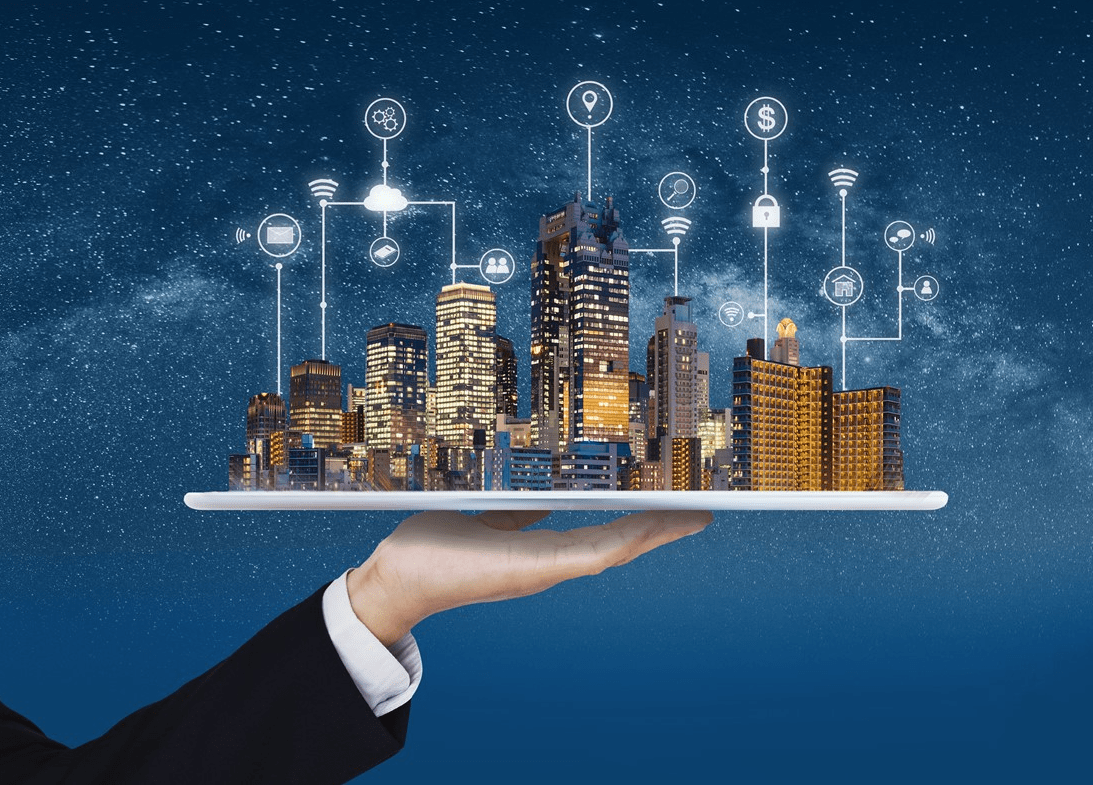
When I was a kid, I would watch many science fiction movies. When I got older, I dreamed of having a flying car and living above the clouds in my tower home. It’s 2021, and intelligent cities are here. But, no one has a flying car or lives in a tower above the clouds. So, ask yourself a question if you do live in a smart city. Is your life better? For those who don’t live in a smart city, what are the advantages and disadvantages of living in a smart city?
First, the advantages of a smart city:
Disadvantages of smart cities:
If we ever want to have flying cars and cities in the clouds. We need to work together to discover the best ways to make cities that are worth living in.
©2025 i3 Product Development, LLC. All rights reserved. | USPTO No. 10,848,567.